20 Classic TV Series from the 1960s You Might Not Remember
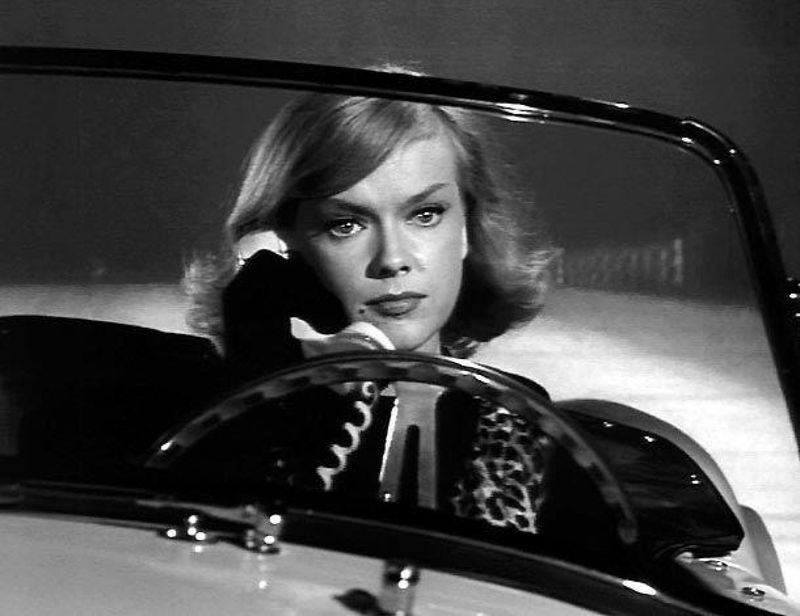
The 1960s gave us some of TV’s most famous shows like Star Trek and The Twilight Zone. But for every hit that made it into our collective memory, dozens of creative and groundbreaking shows have been lost to time. These forgotten gems pushed boundaries, tried new concepts, and featured stars who would later become household names. Let’s rediscover these 20 underrated shows from the psychedelic decade that deserve a second look.
1. The Prisoner (1967–1968)
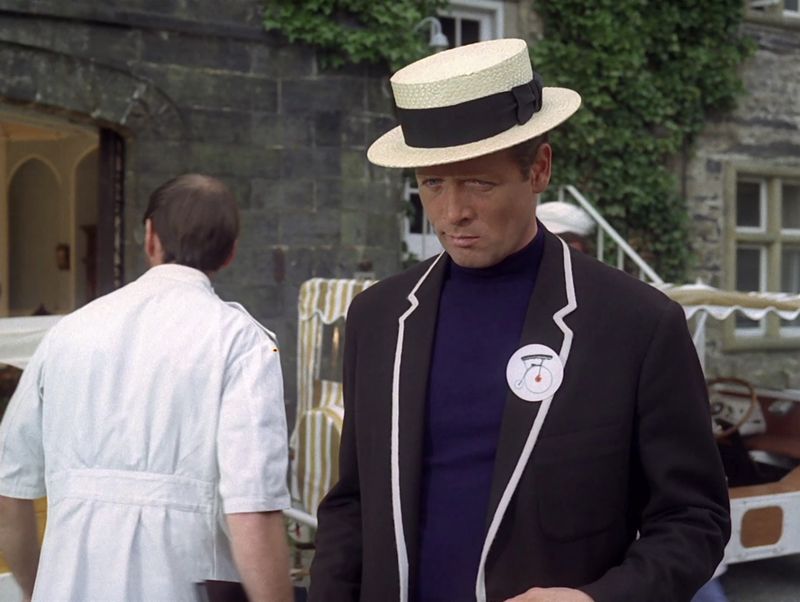
Secret agent Patrick McGoohan resigns from his job only to be kidnapped and taken to a mysterious coastal village. Known for its mind-bending storytelling and the iconic line “I am not a number, I am a free man!” this British series blended espionage with science fiction. The show’s surreal visuals and political themes were way ahead of their time.
Each episode followed McGoohan’s character (Number Six) as he tried to escape while battling the ever-changing Number Two who ran the village. With only 17 episodes, The Prisoner developed a cult following and influenced countless TV shows and movies that followed.
2. Honey West (1965–1966)
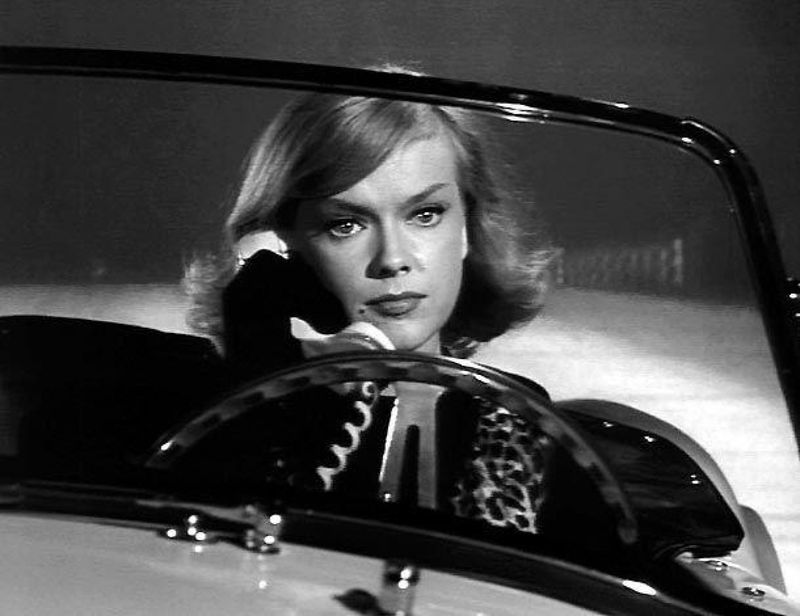
Anne Francis starred as TV’s first female private detective with her own show, complete with a pet ocelot named Bruce. Honey West broke barriers by showing a confident, unmarried woman running her own detective agency and regularly engaging in fight scenes. Armed with clever gadgets like lipstick radios and gas-filled earrings, she handled cases with style while driving a custom Cobra convertible.
The character was based on popular novels by Gloria and Forrest Fickling. Despite strong ratings and an Emmy nomination for Francis, ABC canceled the show after 30 episodes because importing the British series The Avengers was cheaper than producing Honey West.
3. Coronet Blue (1967)
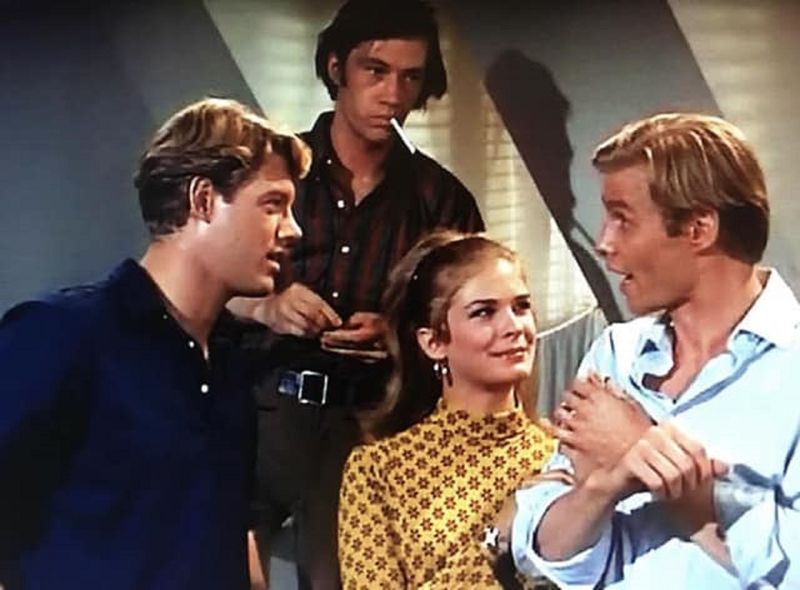
Frank Converse played Michael Alden, a man fished out of the water with amnesia and only the mysterious phrase “coronet blue” in his memory. This suspenseful drama followed his quest to discover his true identity while evading the shadowy figures trying to kill him. The show’s premise was remarkably similar to the later Bourne Identity concept.
CBS aired the series as a summer replacement, but despite strong ratings, they never picked it up for a full season. Creator Larry Cohen later revealed the truth behind the mystery: Alden was actually a Soviet spy who had tried to defect. The phrase “coronet blue” was a code name for his secret espionage unit.
4. My Living Doll (1964–1965)
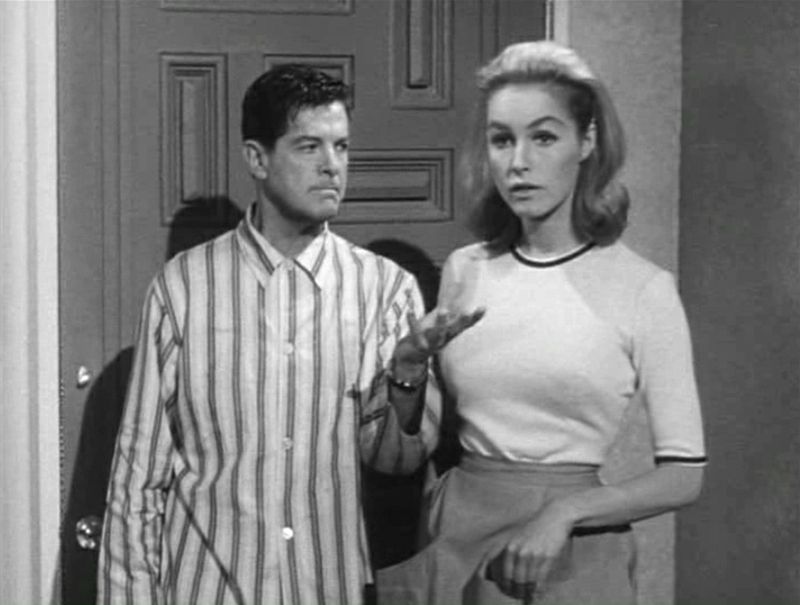
Julie Newmar played Rhoda the Robot, an android designed as the perfect woman and given to psychiatrist Bob McDonald (Robert Cummings) for safekeeping. McDonald tried to teach the naive robot how to behave like a human woman of the 1960s. The show tackled gender roles with subtle satire as Rhoda’s literal interpretations of McDonald’s instructions often highlighted the absurdity of societal expectations for women.
Behind the scenes, tensions between the stars contributed to Cummings leaving before the season ended. Only 26 episodes were made, and sadly, most were lost or destroyed. Newmar later achieved greater fame as Catwoman in the Batman TV series.
5. The Invaders (1967–1968)
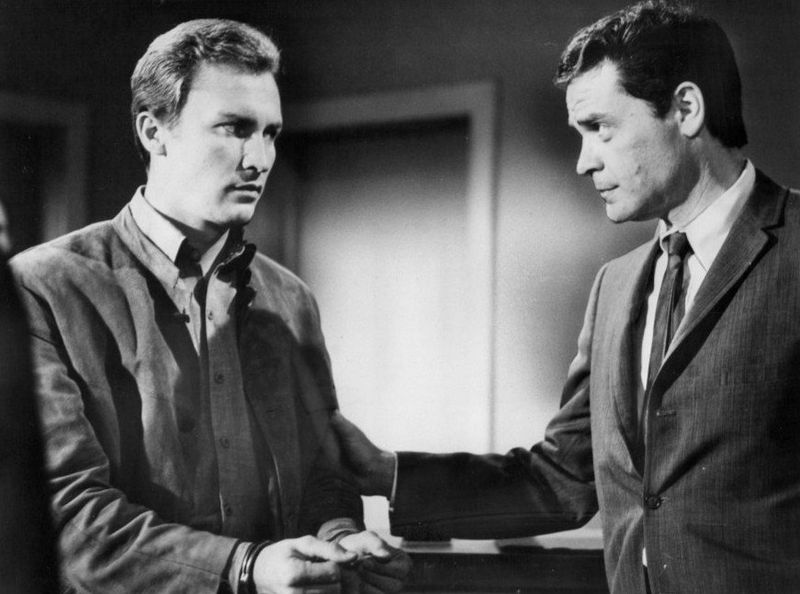
Architect David Vincent accidentally witnesses the landing of a flying saucer and discovers aliens are infiltrating Earth. The twist? These aliens look exactly like humans except for a rigid pinky finger and lack of pulse, making Vincent’s warnings seem like paranoid delusions.
Created by Larry Cohen and produced by Quinn Martin (The Fugitive), this paranoid sci-fi thriller captured the Cold War era’s fear of infiltration. Roy Thinnes gave a compelling performance as the increasingly isolated Vincent. The show’s influence can be seen in later works like The X-Files. Its memorable opening narration warned viewers that the aliens were among us, and humanity’s survival was at stake.
6. The Girl from U.N.C.L.E. (1966–1967)
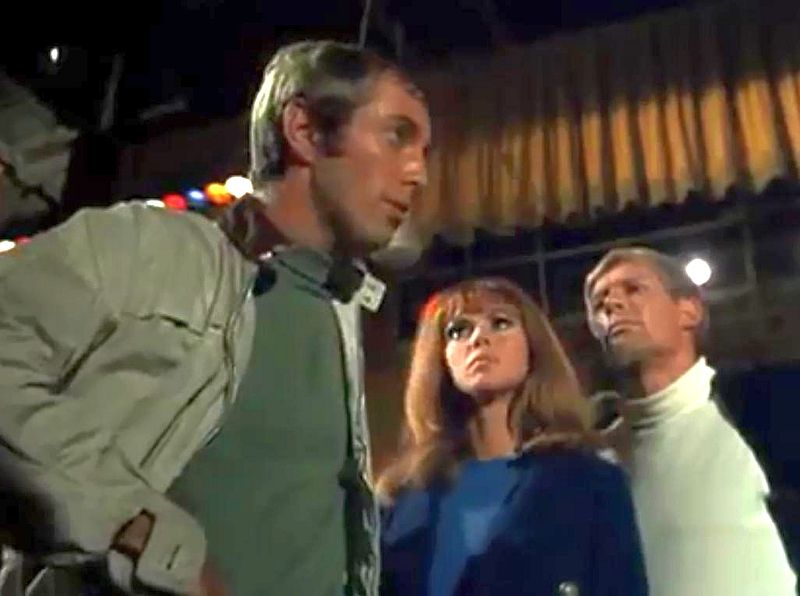
Stefanie Powers starred as April Dancer, a glamorous spy working for the United Network Command for Law and Enforcement. This spinoff from the hit series The Man from U.N.C.L.E. paired Powers with Noel Harrison (son of Rex Harrison) as her British partner Mark Slate.
Unlike its more serious parent show, The Girl from U.N.C.L.E. leaned heavily into camp and outlandish plots. Guest stars included Boris Karloff, Joan Crawford, and a young Richard Dreyfuss. The show struggled against Batman in the ratings and was canceled after 29 episodes. It remains significant as one of the first action series to feature a woman as the lead protagonist.
7. It’s About Time (1966–1967)
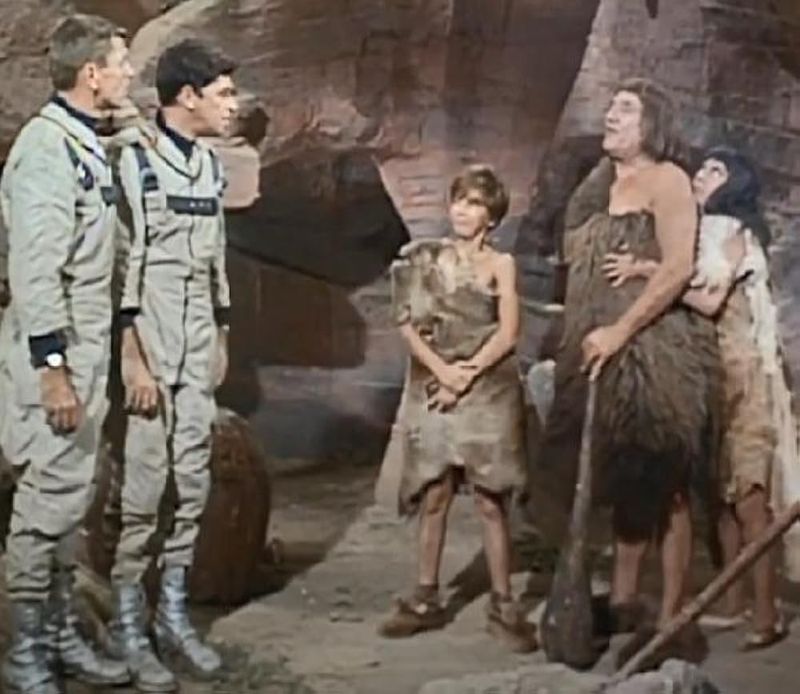
Two astronauts accidentally break the time barrier and crash-land in the prehistoric era. Created by Sherwood Schwartz (later of Brady Bunch fame), this comedy starred Frank Aletter and Jack Mullaney as the stranded spacemen who befriend a cave family.
Imogene Coca and Joe E. Ross played Shag and Gronk, the Stone Age couple who helped the astronauts adjust to primitive life. Midway through the season, the show completely reversed its premise by bringing the cave family to modern times. The catchy theme song (“It’s about time, it’s about space…”) became more memorable than the show itself. Despite the talented cast, the series lasted only 26 episodes before CBS pulled the plug.
8. The Lieutenant (1963–1964)
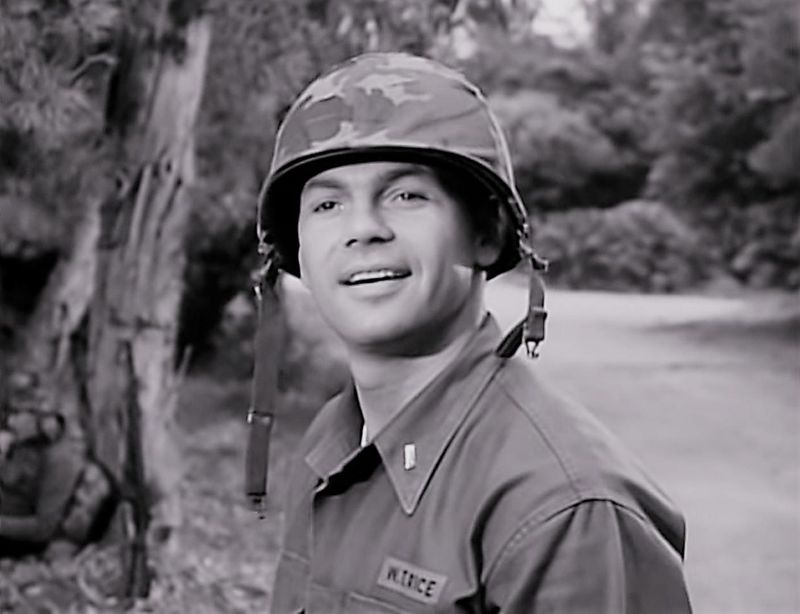
Before creating Star Trek, Gene Roddenberry produced this military drama starring Gary Lockwood as Second Lieutenant William Rice. Set at Camp Pendleton during peacetime, the show focused on the personal and professional challenges facing a young Marine Corps officer. The series tackled serious issues including racism, leadership ethics, and military bureaucracy.
A controversial episode about racial prejudice was deemed too explosive by NBC and never aired during the original run. Robert Vaughn, Leonard Nimoy, and Nichelle Nichols all appeared in episodes, foreshadowing their later work with Roddenberry. Despite critical praise, The Lieutenant was canceled after one season as the Vietnam War made military shows less appealing to networks.
9. The Tammy Grimes Show (1966)
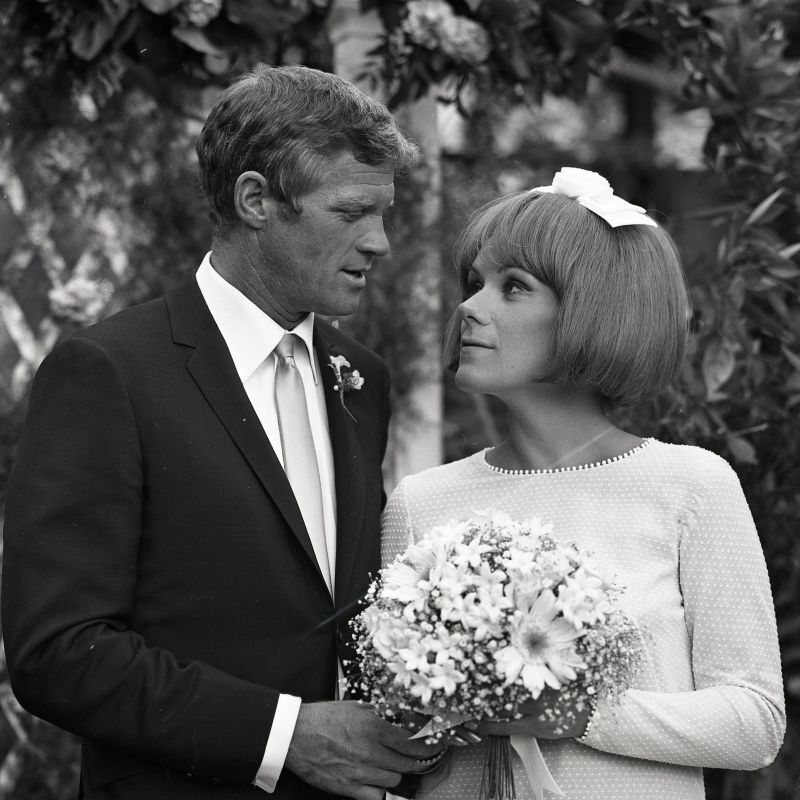
Broadway star Tammy Grimes played Tammy Ward, an heiress who spent money freely while her banker uncle tried to teach her fiscal responsibility. This sitcom holds the dubious distinction of being one of the fastest cancellations in TV history – pulled after just four episodes. The show was created as a vehicle for Grimes, who had won a Tony Award for The Unsinkable Molly Brown.
ABC had such high hopes they ordered the series without shooting a pilot first, a decision they quickly regretted. Critics savaged the show’s weak writing and Grimes’ theatrical acting style that didn’t translate well to television. The network replaced it with The Dating Game, which proved far more successful.
10. He & She (1967–1968)
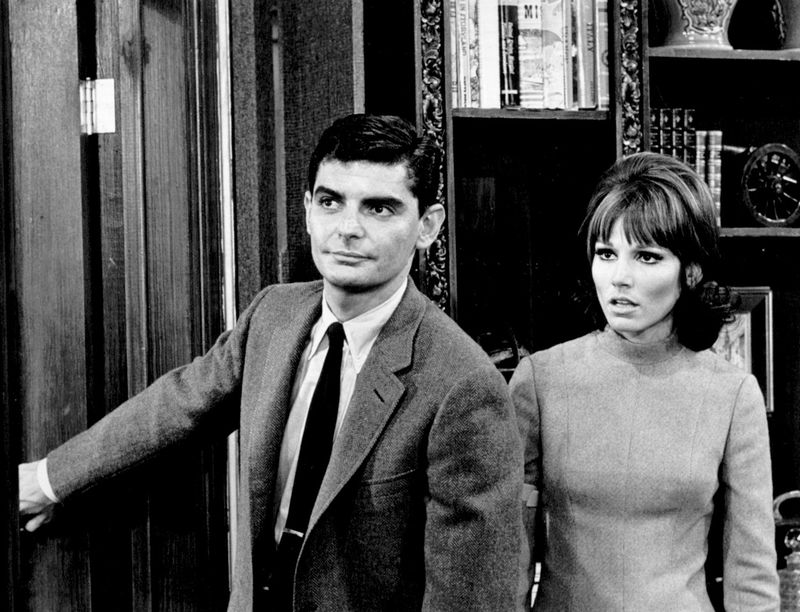
Richard Benjamin and Paula Prentiss (a real-life married couple) starred in this ahead-of-its-time sitcom about a cartoonist and his social worker wife living in New York City. Jack Cassidy played an egotistical actor who portrayed the superhero character from Benjamin’s cartoon. The sophisticated humor and realistic portrayal of marriage set it apart from typical sitcoms of the era.
Many critics consider it a forerunner to The Mary Tyler Moore Show, sharing the same creators and similar smart writing. Despite winning an Emmy Award for outstanding writing, the show struggled in ratings against Peyton Place and was canceled after one season. Its influence on later sitcoms earned it recognition as a show that was simply too progressive for its time.
11. The Pruitts of Southampton (1966–1967)
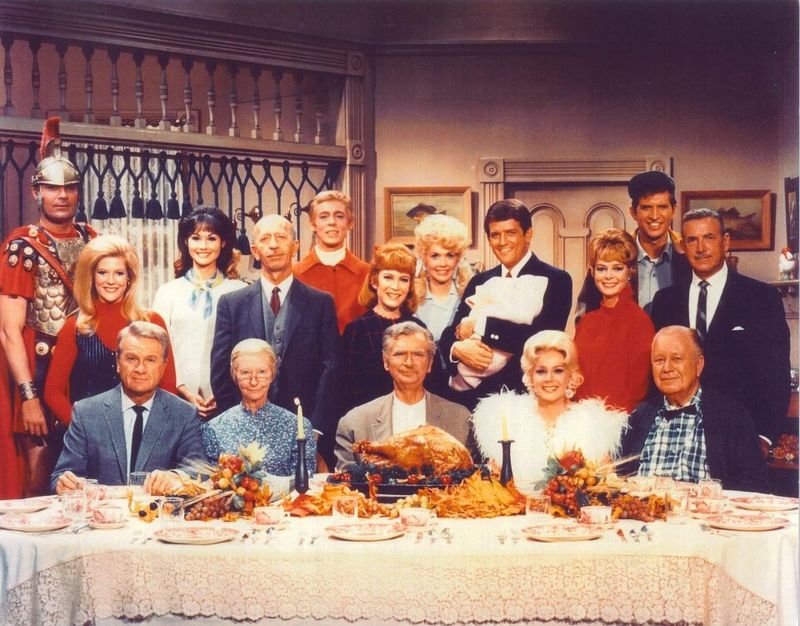
Comedy legend Phyllis Diller starred as Phyllis Pruitt, a supposedly wealthy widow hiding the fact that she’s actually broke. To maintain appearances in high society while avoiding tax collectors, the family engaged in increasingly ridiculous schemes. The show underwent a midseason retooling and title change to “The Phyllis Diller Show” but continued to struggle in the ratings.
Guest stars included Gypsy Rose Lee, Don Rickles, and Paul Lynde, bringing their comedic talents to the chaotic proceedings. Based on the novel “House Party” by Patrick Dennis (who also wrote Auntie Mame), the series attempted to blend social satire with Diller’s outrageous comedy style. Despite her popularity as a stand-up comedian, the show lasted only 30 episodes.
12. Run for Your Life (1965–1968)
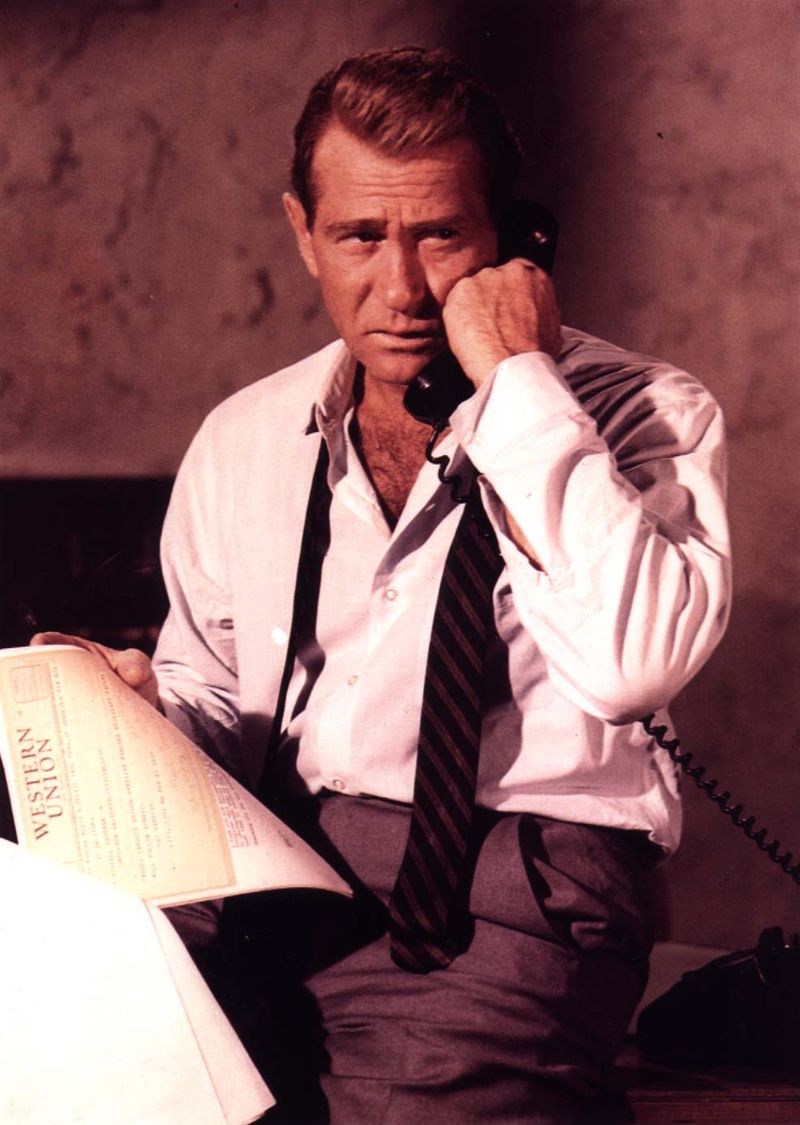
Ben Gazzara starred as Paul Bryan, a successful lawyer diagnosed with a terminal illness and given only 9-18 months to live. Rather than await death, Bryan decides to spend his remaining time seeking adventures and helping people he meets along the way.
Created by Roy Huggins (The Fugitive, Maverick), the series was known for its thoughtful scripts and Gazzara’s powerful performance. The premise allowed for tremendous variety in storytelling, from romance to crime drama to comedy. Ironically, the show lasted three seasons – far longer than the main character’s prognosis. NBC never explained this discrepancy, and the series ended without resolving whether Bryan ultimately succumbed to his illness.
13. The Guns of Will Sonnett (1967–1969)
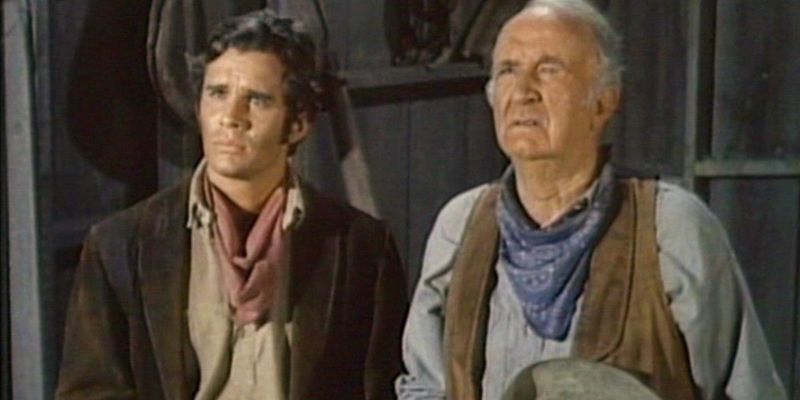
Walter Brennan played Will Sonnett, an elderly but skilled gunfighter searching the West for his son James, who had abandoned his family years earlier to become a notorious gunslinger. Will travels with his grandson Jeff, teaching him about life while following James’ trail. The show’s catchphrase came when people asked about Will’s gunfighting skills: “No brag, just fact.”
Each episode brought them closer to finding James while encountering people from his past. Created by Aaron Spelling, the series offered a more nuanced take on Western themes like family, redemption, and the consequences of violence. Despite solid ratings, ABC canceled the show after two seasons, leaving the Sonnetts’ search unresolved.
14. Captain Nice (1967)
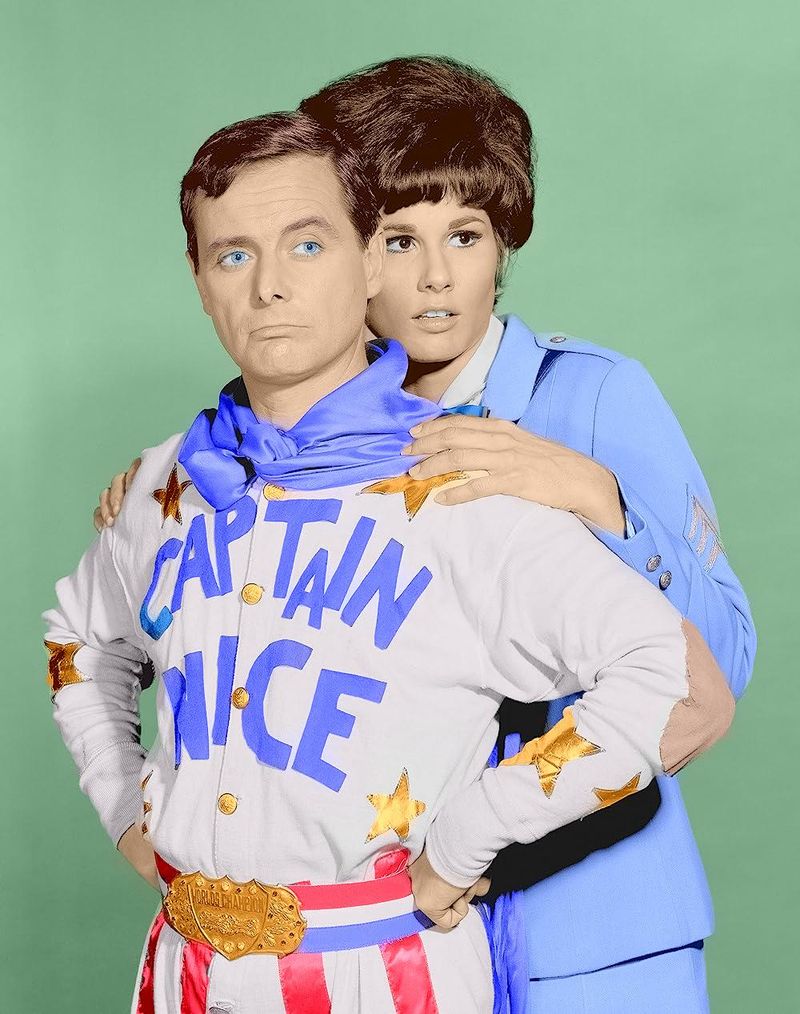
William Daniels starred as Carter Nash, a mild-mannered police chemist who discovers a super-formula that transforms him into Captain Nice. Created by Buck Henry fresh off his success with Get Smart, this superhero spoof featured Nash as a reluctant hero pushed into crime-fighting by his domineering mother.
Unlike most superheroes, Captain Nice was afraid of heights and flying, making his airborne rescues particularly nerve-wracking. The show poked fun at superhero tropes while maintaining a sweetly innocent tone. NBC scheduled it directly against CBS’s similar superhero parody Mr. Terrific, effectively splitting the audience for both shows. Despite Daniels’ charming performance, Captain Nice was defeated after just 15 episodes.
15. T.H.E. Cat (1966–1967)
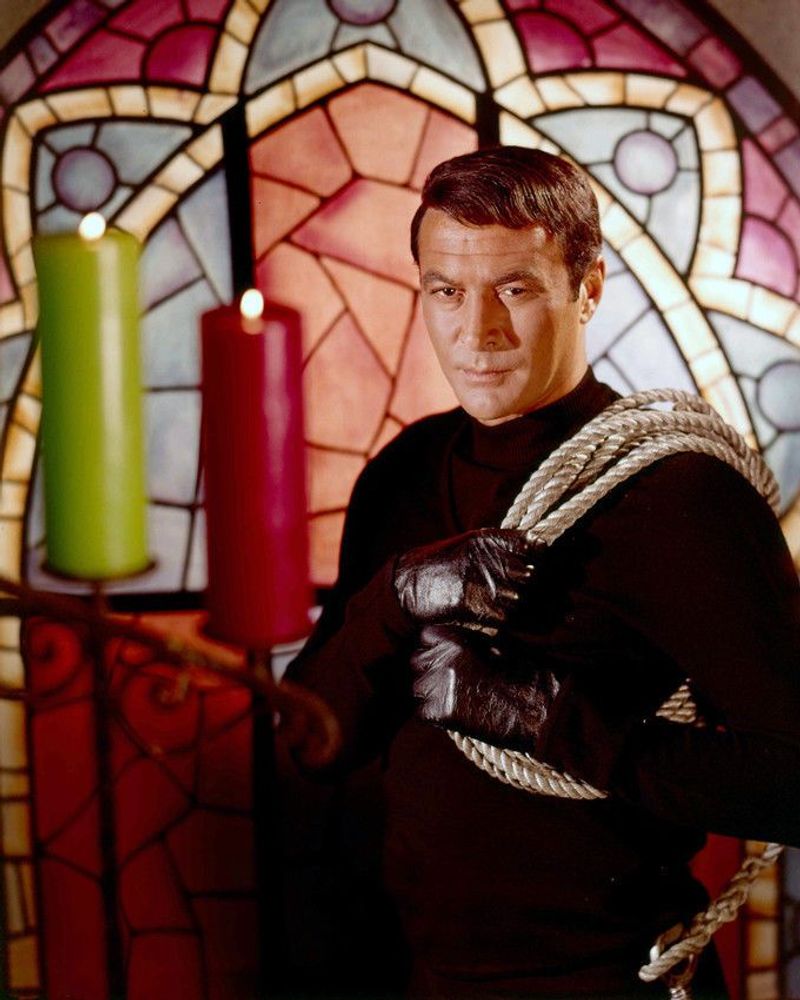
Robert Loggia played Thomas Hewitt Edward Cat (T.H.E. Cat), a former circus aerialist and cat burglar turned bodyguard and recovery specialist. Operating out of his San Francisco nightclub called Casa Del Gato, Cat used his unique skills to protect clients marked for death.
The show stood out for its film noir style, jazzy soundtrack by Lalo Schifrin, and impressive stunt work. Cat’s background as a reformed criminal gave him insight into the criminal mind that regular law enforcement lacked. Despite strong critical reception and Loggia’s charismatic performance, NBC canceled the series after one season. Its stylish execution and morally complex protagonist influenced later shows like The Equalizer.
16. Occasional Wife (1966–1967)
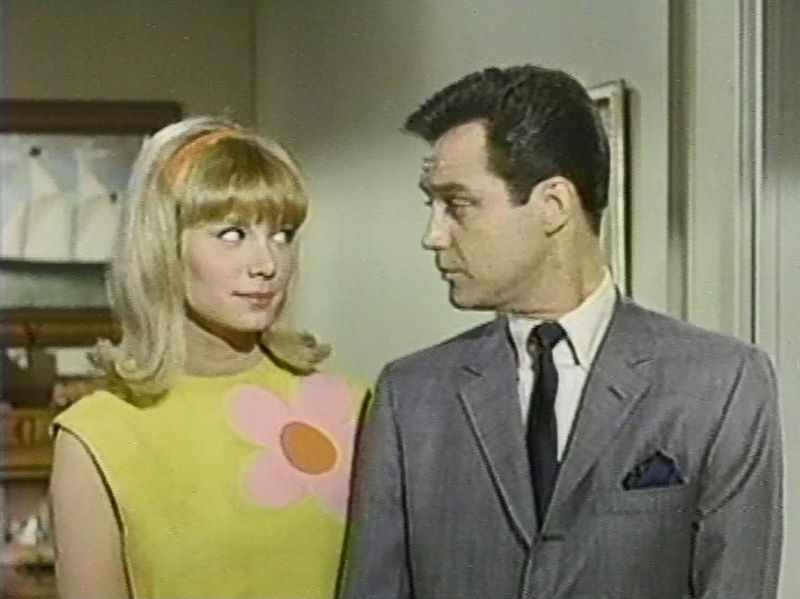
Michael Callan starred as Peter Christopher, an ambitious executive at a baby food company. When he discovers his boss only promotes family men, Peter arranges a fake marriage with Greta Patterson (Patricia Harty), who lives in the apartment above his. The quirky premise had Greta appearing as Peter’s wife at company functions while maintaining separate lives otherwise.
A narrator observed the action from his perch on a neighboring building’s rooftop garden, offering wry commentary. The stars had real chemistry – they married in real life shortly after the show began. Despite ranking in the top 30 shows during its first season, NBC canceled it after 30 episodes when ratings declined following a time slot change.
17. The Second Hundred Years (1967–1968)
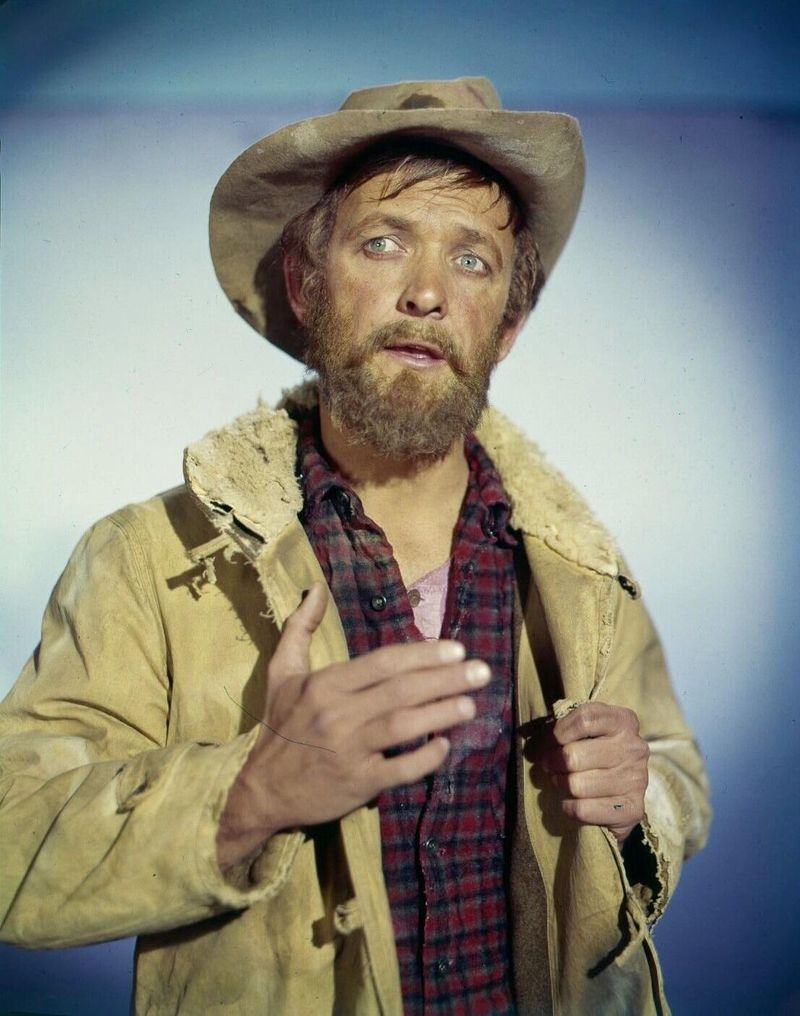
Monte Markham played dual roles as Luke Carpenter, a gold prospector frozen in an avalanche in 1900, and his grandson Edwin, a 33-year-old college professor. When Luke is thawed out 67 years later, still 33 years old, the identical “twins” must explain their relationship to the world. The show’s fish-out-of-time premise created comedy as Luke adjusted to modern life while Edwin tried to keep his grandfather’s true identity secret.
Arthur O’Connell played Edwin’s father (and Luke’s son), now elderly and confused by his father’s youthful appearance. Created by the team behind Bewitched, the series attempted to capitalize on the popularity of high-concept sitcoms. Despite the clever premise, ABC froze the show after 26 episodes.
18. Mr. Terrific (1967)
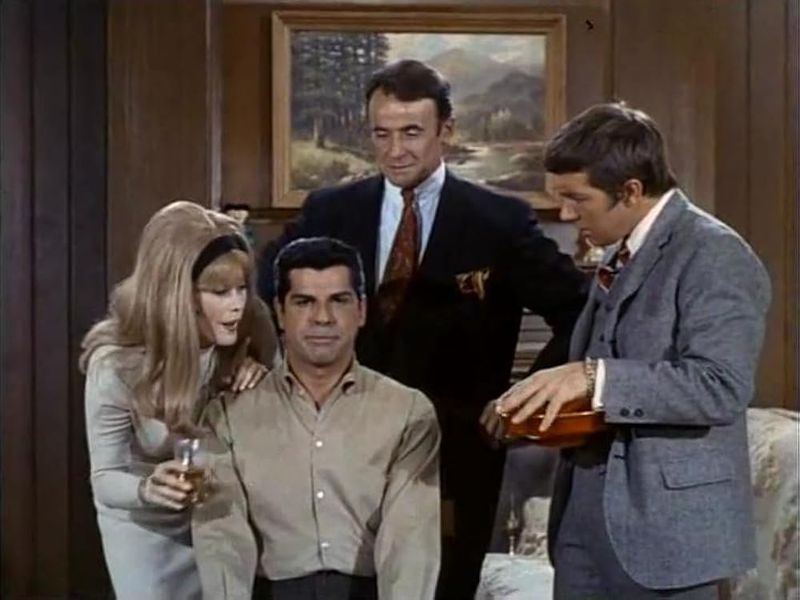
Stephen Strimpell played Stanley Beamish, a meek gas station attendant who gained superpowers by taking a special pill. The catch? The effects lasted only an hour, and he often found himself in dangerous situations when the pill wore off. The government kept Beamish’s powers secret, calling him in whenever they needed a superhero.
His transformations involved spinning around until his specially designed costume inflated around him – a visual gag that became the show’s trademark. CBS scheduled this superhero spoof directly against NBC’s similar Captain Nice, creating a battle neither show could win. Despite some clever writing and Strimpell’s physical comedy skills, Mr. Terrific disappeared after 17 episodes.
19. The Loner (1965–1966)
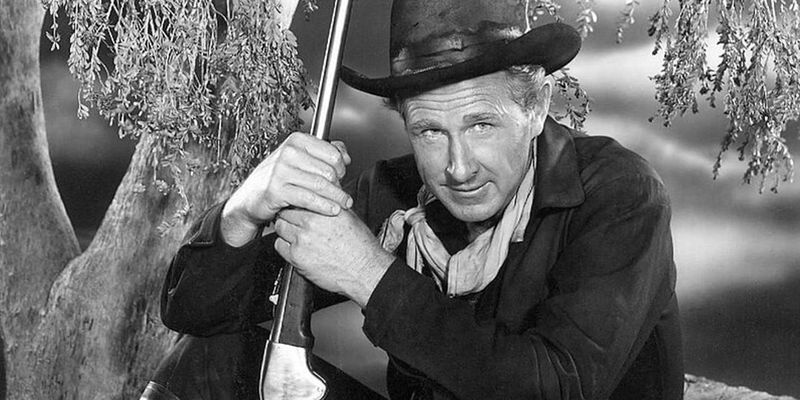
Created by Rod Serling after The Twilight Zone, this thoughtful Western starred Lloyd Bridges as William Colton, a former Union cavalry captain wandering the post-Civil War West. Unlike typical TV Westerns, The Loner focused on the psychological aspects of frontier life and the emotional scars left by the war. Serling’s scripts often explored moral dilemmas and social issues, much like his work on The Twilight Zone.
CBS executives wanted a more conventional Western with regular gunfights, creating tension with Serling that ultimately doomed the show. Despite strong performances and ambitious storytelling, the series was canceled after 26 episodes. It remains a fascinating example of Serling’s attempt to bring sophisticated storytelling to the Western genre.
20. Hank (1965–1966)
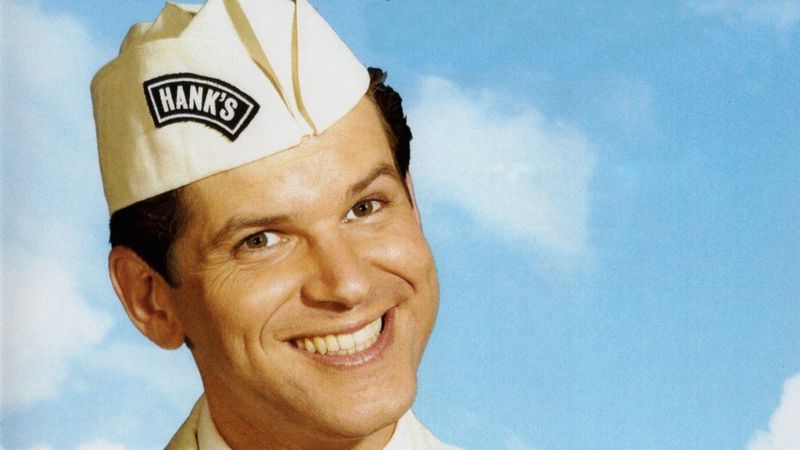
Dick Kallman starred as Hank Dearborn, an orphan who couldn’t afford college but was determined to get an education anyway. His clever solution? Sneaking into classes by posing as various students who were absent, all while working as the campus food truck operator. Hank’s scheme was aided by his girlfriend’s access to the registrar’s office, helping him know which students wouldn’t be attending classes.
The show balanced comedy with touching moments about Hank’s desire to improve himself and care for his younger sister. NBC placed this warmhearted sitcom in a Friday night death slot against CBS’s powerful The Wild Wild West. Despite positive reviews, Hank was expelled after one season of 26 episodes.

Comments
Loading…